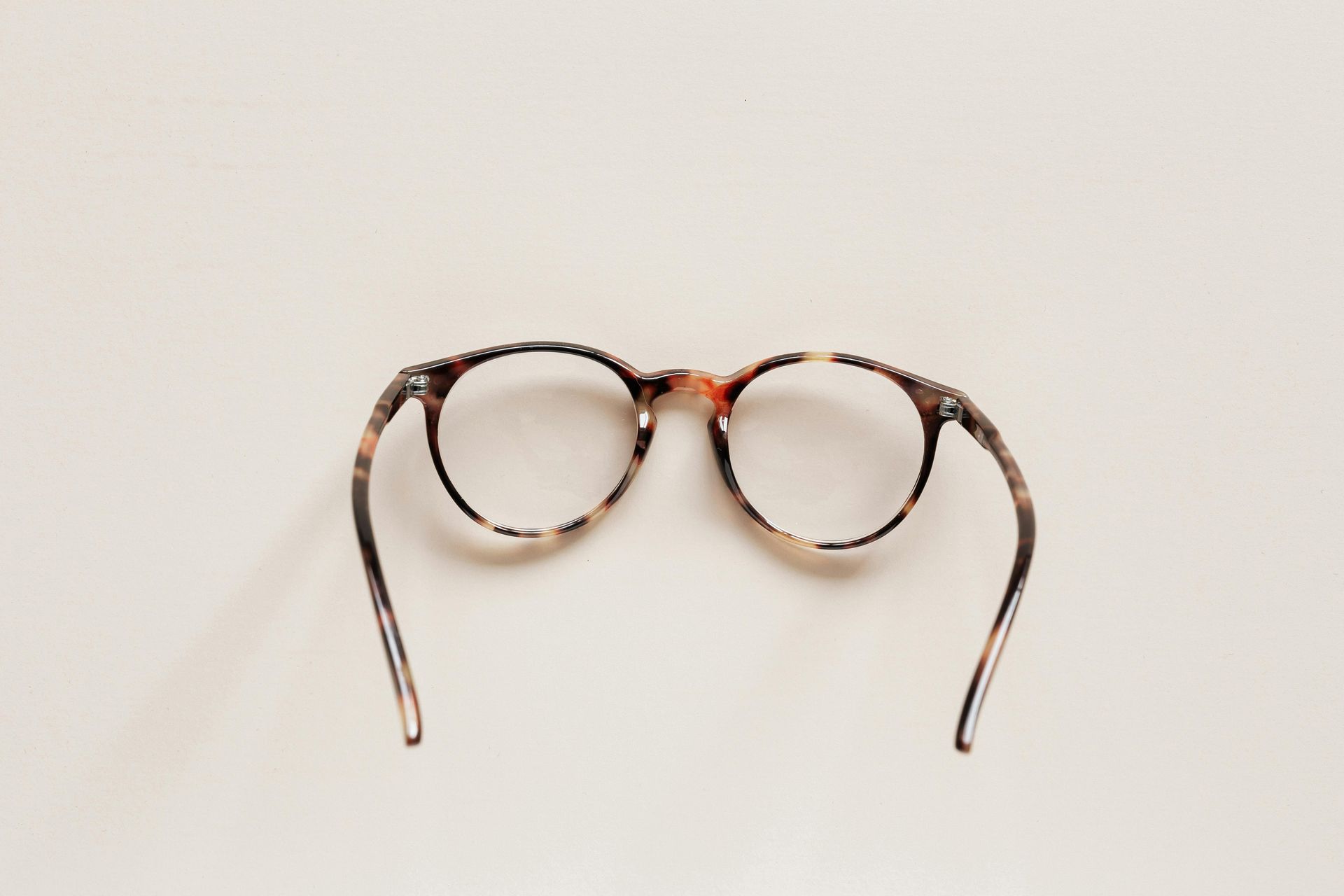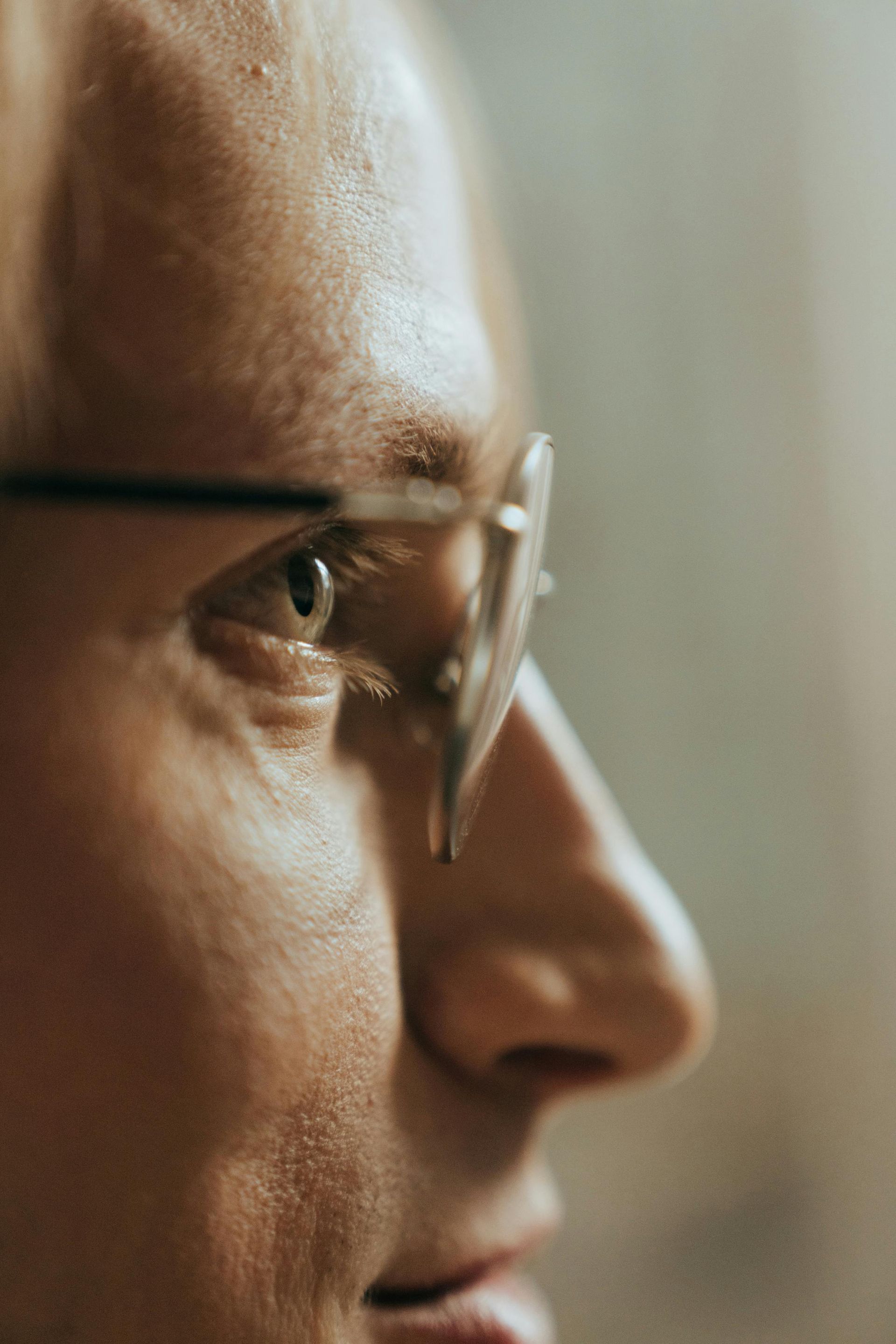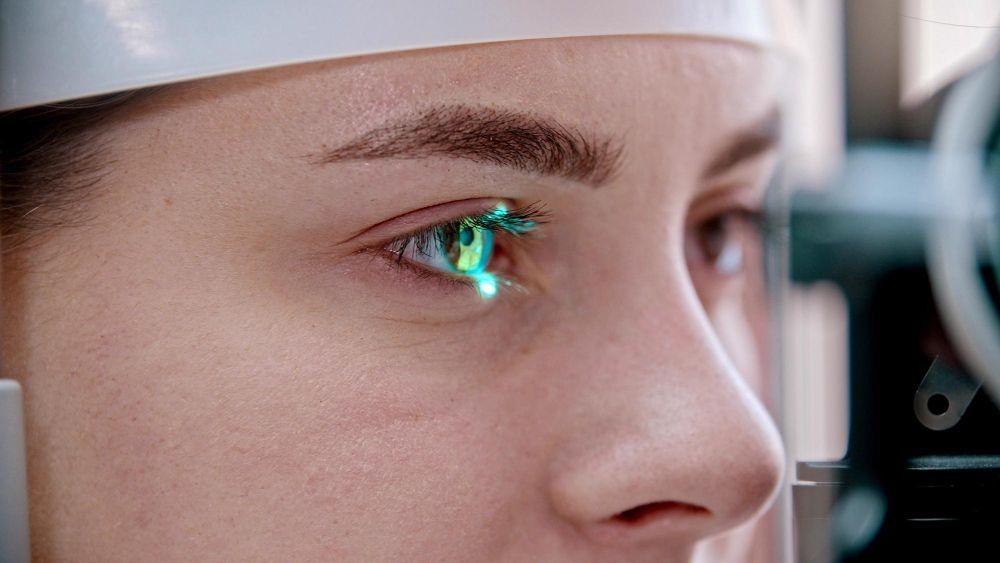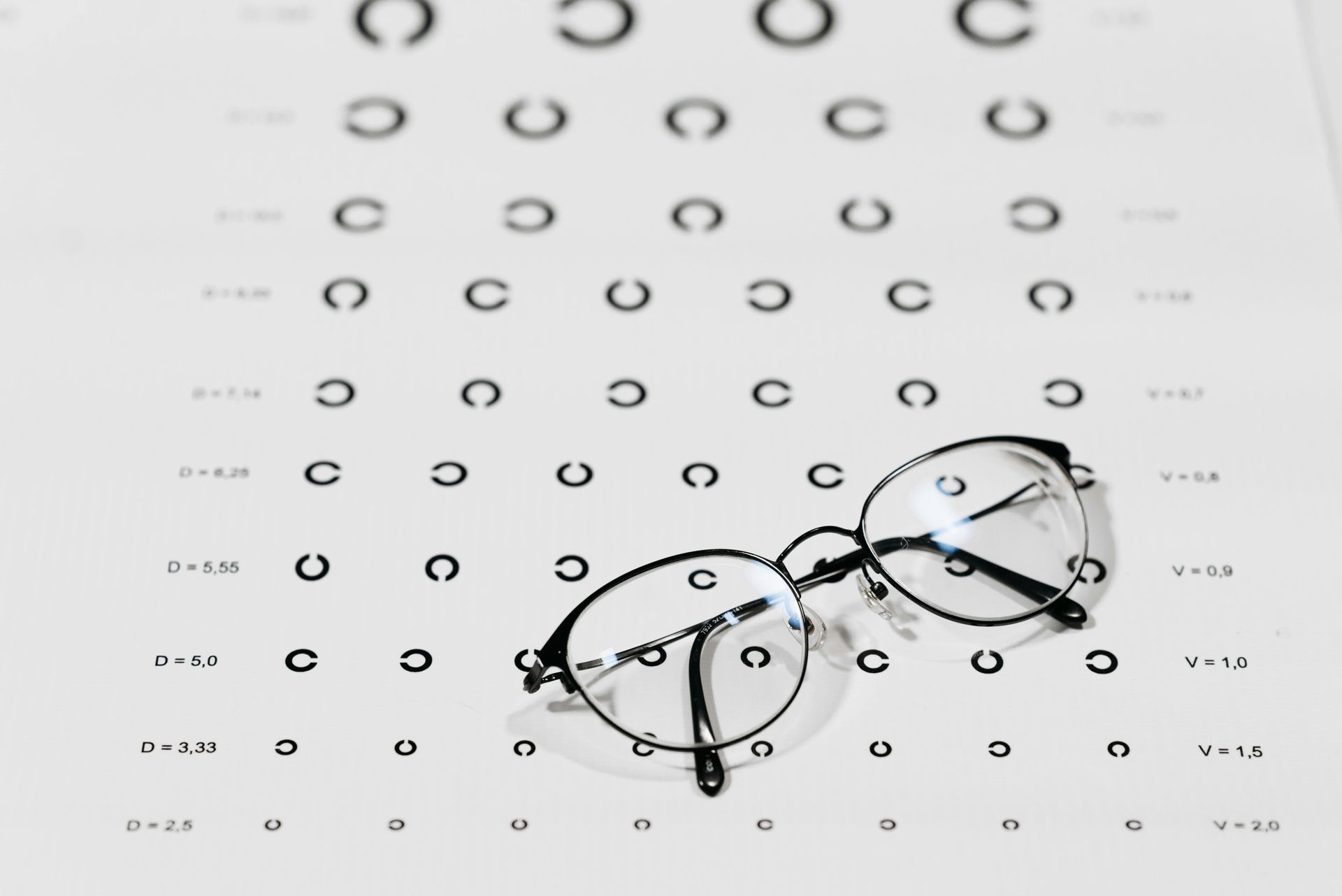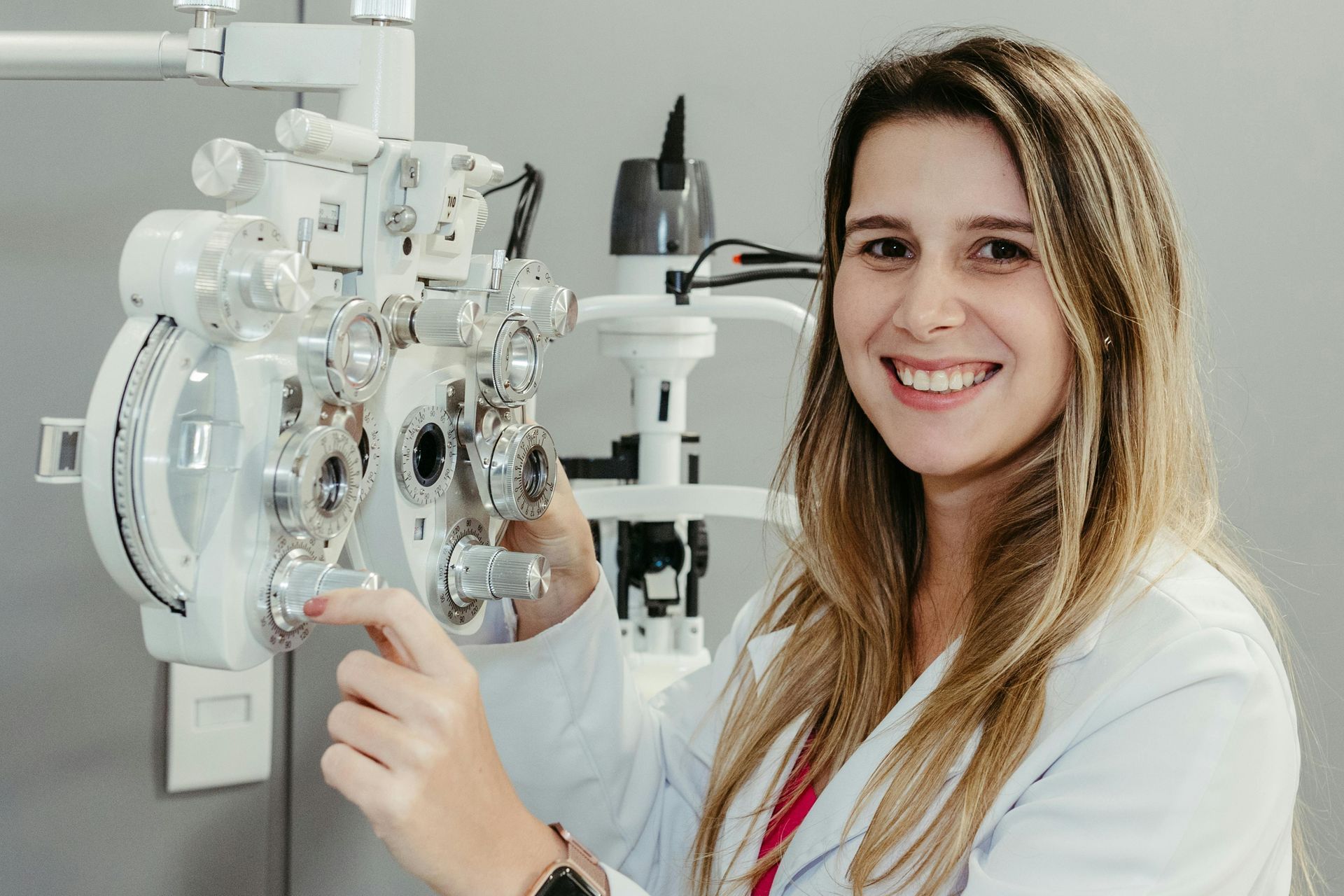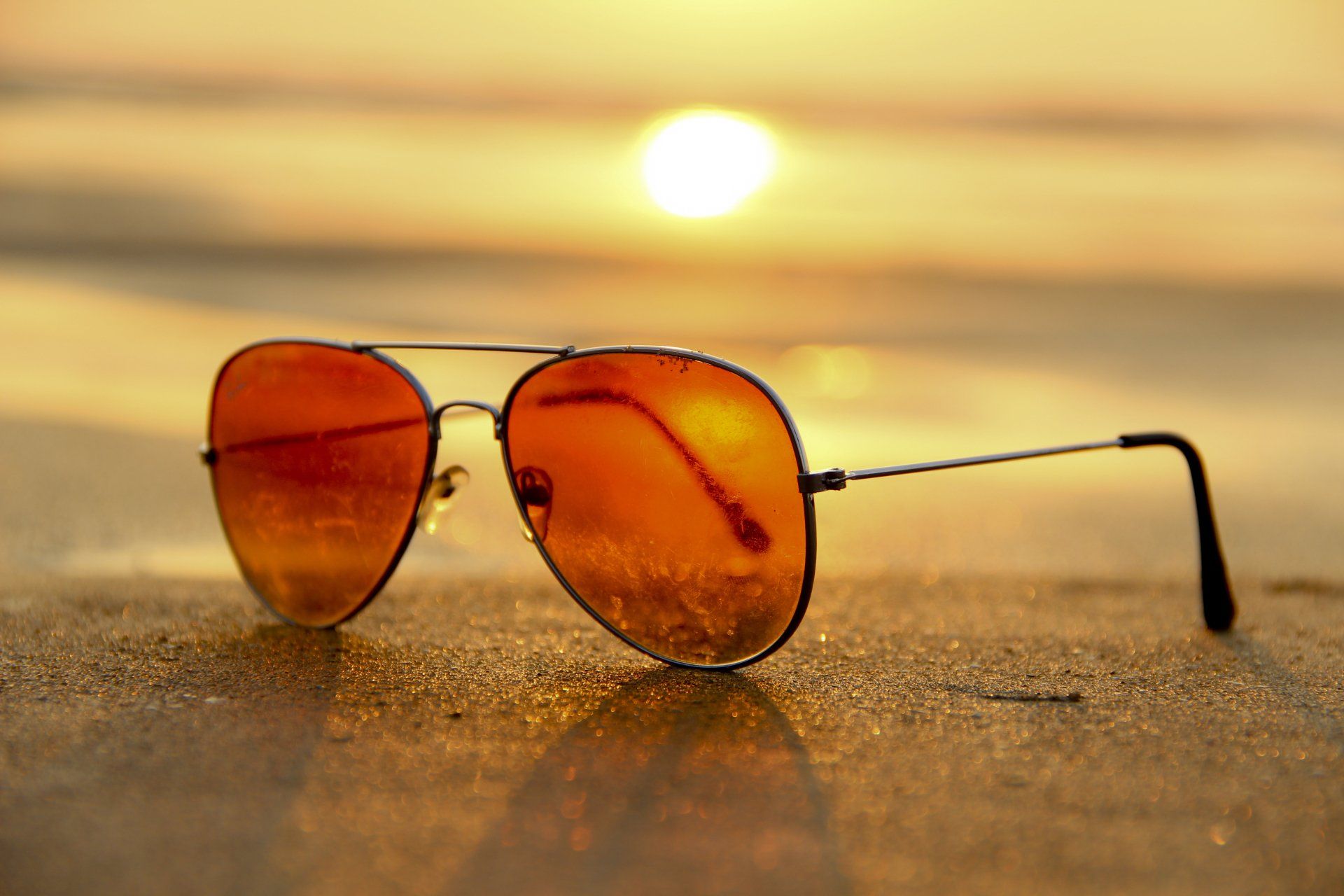The Impact of Reading on Your Eyes: Myth or Reality?
Demystifying preconceived ideas about reading and visual health
There are many beliefs about the effects of reading on our eyes. Can you really damage your eyesight by reading in the dark? Does wearing glasses make our eyes lazier? Is small print or exposure to the sun while reading really dangerous?
In this article, we tackle these common myths to shed some light on what's true and what's not.
Myth 1: Reading in the dark weakens eyesight
We've often been told that reading in the dark can damage your eyesight. Yet there is no permanent damage. Those who, as children, read under the covers in the glow of a pocket light may have experienced temporary eye strain, but their vision was not permanently impaired.
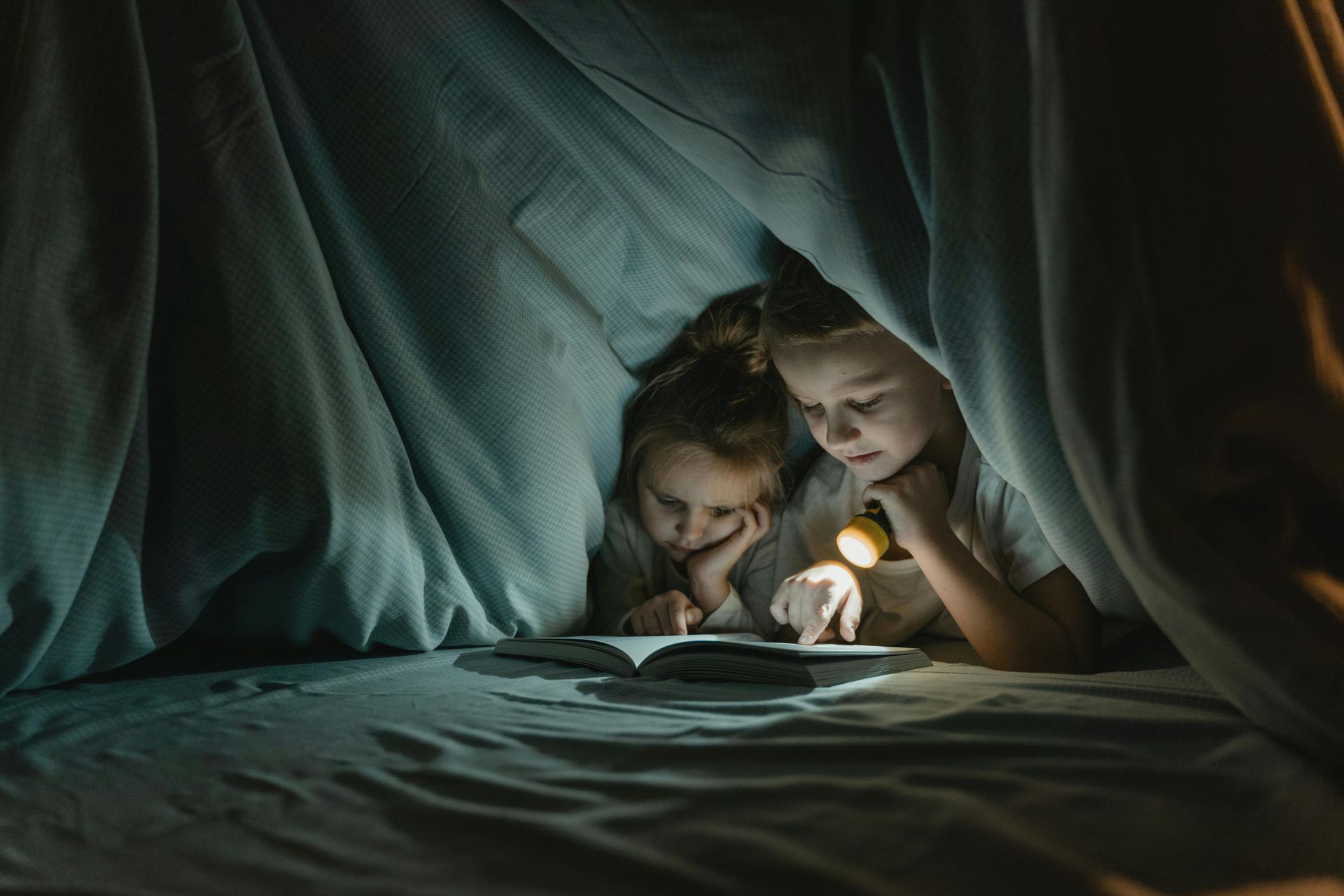
Myth 2: Reading with glasses makes your eyes addictive
Wearing glasses or contact lenses can give the impression that your vision deteriorates when you're not wearing them, because you're used to seeing more clearly with them. But rest assured: this in no way affects the health of your eyes or the quality of your vision.
Myth 3: Reading at the beach under the sun can be risky
Exposure to the sun, whatever the activity, can lead to UV damage. To protect your eyes, make sure you wear a wide-brimmed hat and sunglasses with effective UV protection. Read this article: How to choose the best sunglasses
Myth 4 : Reading small print can harm your eyes
Reading small print can cause eye strain, but it doesn't permanently damage your eyes. If you do experience fatigue, opt for large-print books or use digital devices that can enlarge the text. To preserve your visual comfort when reading on screen, remember to apply the 20-20-20 rule: every 20 minutes, look at an object 20 feet away for 20 seconds.

Place Farmer
64-C, boulevard Gréber
Gatineau (Québec) J8T 3P8
819-246-1699
Place Fleur de Lys
450-B, Boulevard St-Joseph
Gatineau (Québec) J8Y 3Y7
819-776-0188

